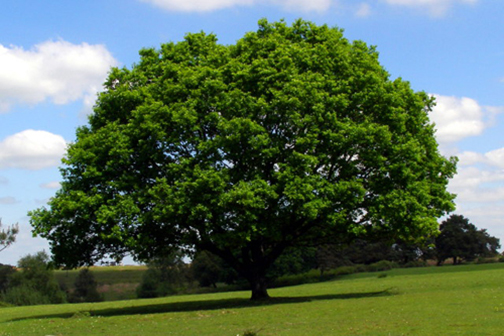
| Then he said to them all: “If anyone would come after me, he must deny himself and take up his cross daily and follow me.” |
| —Luke 9:23 |
Most teachers in elementary schools designate these late May or early June days as “Field Trip Days.” Students and teachers alike look forward to time away from desks, pencils, tests, and stuffy classrooms. They eagerly anticipate interesting visits to the world outside. Field Trips break up the monopoly of the routine and add interest to the old and mundane.
What would you think of a teacher—if she had the financial means—who planned field trips every school day of the year? She would have her class spend every hour away from the books and regular curriculum. The children would never have to listen to boring lectures, do endless drills, complete reading assignments, take quizzes and tests, or tackle any of the kind of activities that occupy a normal classroom experience.
In a devotional by Beth Moore, she compares the assignments that God gives us, and the call to discipleship, with the difference between field trips and normal classroom times. She explains that most often, the assignments God gives relate to our abilities and individual gifts. We may feel the “call” to a certain mission or task. We love the “ride” and enjoy the unique position we may feel suits us best.
However, we need to take caution, in order to guard ourselves from assuming that these times of special service will last all throughout our lives. Instead, God may call us to tasks or responsibilities that we would never say relate to the unique giftings He has given us.
God may expect us to care for an elderly parent for a few years. He may ask us to take charge of cookie baking for a church event. He might even ask us to spend a season on a sick bed. None of these activities may fit in with the gifts He has given us. We may ask ourselves, “What about God’s call?”
Beth Moore points out that God “calls” us to discipleship, to obedience, and to service. His call comes to us whether that means using the gifts He has given us or not. Sometimes He allows us to spend many years on the “field trips” of exciting ministry. And then, sometimes we are called back into the day-after-day unglamorous life of the routine classroom.
Here’s how Beth Moore sums up her devotional: 1
The Twelve were called to be Christ’s learners or pupils. They also were designated apostles, meaning they would be sent forth. What would His pupils be sent forth to do? Whatever He told them. In our human need for the security of sameness, we tend to want one job assignment from God that we can do for the rest of our lives. He’s far more creative than that!
Remember the meaning of disciple: pupil, learner! We can’t keep skipping class—our time with God in the Scripture and in prayer—and expect to know when He’s scheduled a field trip!
God looks for servants ready to obey. He needs His true disciples to follow where He leads. He expects those whom He has called to His service to eagerly learn what He has to teach, whether it fits into the category of a class assignment or an exciting field trip!
| 1 Moore, Beth. Portraits of Devotion. Nashville: B&H Publishing Group, 2014. p. 218. |



